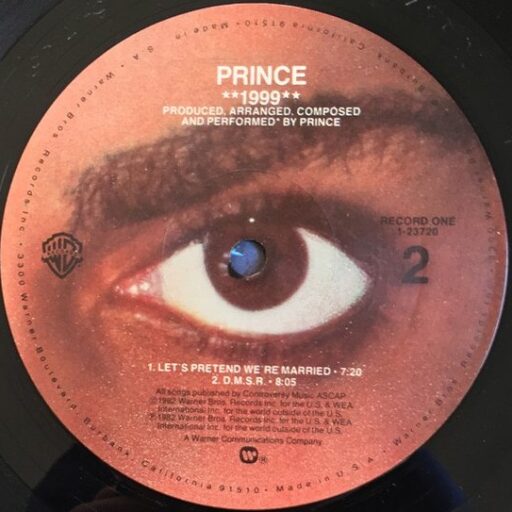Tag: kim upsher
-
Computer Blue
Prince’s portrayal of a sentient, lovelorn CPU tapped into contemporary anxieties that society’s dependence on computers would have a dehumanizing effect, with cold logic taking the place of feelings and empathy.
-
Podcast: 40 Years of The Time – A Conversation with Darling Nisi and Harold Pride
Darling Nisi and Harold Pride return for another in-depth retrospective on the 1981 debut album by the Time.
-
Wild and Loose
“Wild and Loose” is centered around one of the most prevalent scenarios in the life of a touring musician: the backstage (and back-of-bus) dalliances between the band and their young, female admirers.
-
The Second Coming
“The Second Coming” attempts to tie together the thematic threads of the Controversy album, turning the accompanying live show into a conceptual experience.
-
Do Me, Baby
“Do Me” wasn’t the first piece of aural erotica to reach the American charts… But those songs, however suggestive, had stayed within the realm of plausible deniability; in contrast, there’s no question what Prince is doing at the end of “Do Me.”
-
Still Waiting
Heartbreak is the bread and butter of country and soul music alike; Prince employs these well-worn tropes with lines so note-perfect they seem almost timeless.
